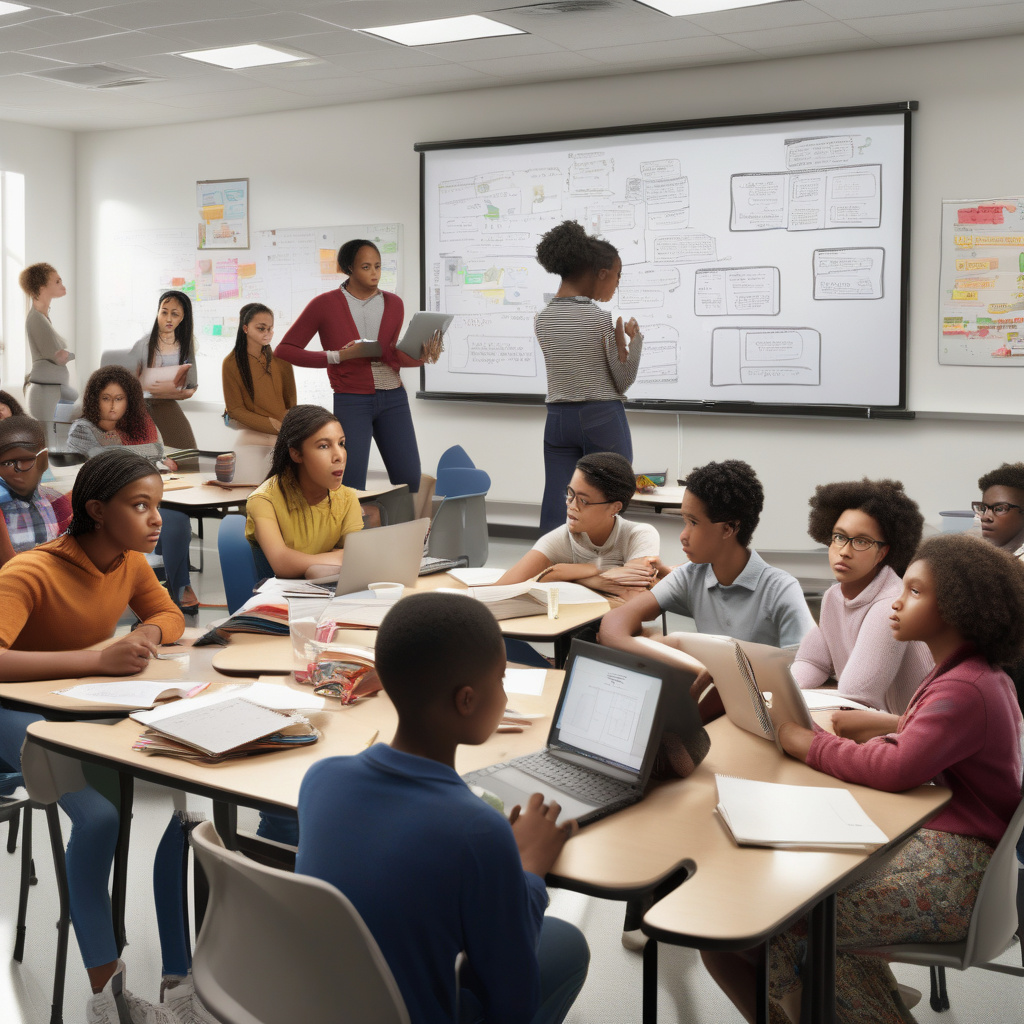The Impact of ChatGPT on Critical Thinking Skills Among Students
In recent years, the rise of artificial intelligence has brought about significant changes in various industries, including education. One of the most notable AI tools making waves in the academic world is ChatGPT, a language generation model developed by OpenAI. While ChatGPT has been praised for its ability to assist students in generating essays and academic papers more efficiently, university lecturers have raised concerns about the impact of such technology on students’ critical thinking skills.
University lecturers have pointed out that essays generated with the help of AI tools like ChatGPT often lack insight, originality, and critical thought. These concerns have sparked a debate within academic circles about the potential drawbacks of relying too heavily on AI for academic writing tasks. While AI can undoubtedly streamline the writing process and help students produce content at a faster pace, the question remains: at what cost?
One of the primary issues identified by educators is the risk of stunting students’ development of critical thinking skills. Critical thinking is a crucial aspect of higher education, as it enables students to analyze information, evaluate arguments, and think creatively. By using AI tools like ChatGPT to generate essays, students may miss out on the opportunity to hone these essential skills.
When students rely on AI for essay writing, they may become accustomed to a more formulaic approach to academic writing, prioritizing quantity over quality. This can have long-term implications for their ability to think critically and engage deeply with course material. Furthermore, essays generated with AI may lack the originality and unique perspective that are often valued in academic settings.
Despite these concerns, some educators argue that AI tools like ChatGPT can be used strategically to enhance, rather than replace, traditional teaching methods. By incorporating AI into the classroom in a thoughtful manner, educators can help students develop a balance between leveraging technology and honing their critical thinking skills.
One approach is to use AI tools as a supplement to traditional teaching methods, encouraging students to use them as a starting point for their research and writing. By guiding students on how to critically evaluate and expand upon the content generated by AI, educators can help them develop a deeper understanding of the subject matter while still benefiting from the efficiency of AI-powered tools.
In conclusion, while the use of AI tools like ChatGPT in academic settings offers undeniable benefits in terms of efficiency and productivity, it also raises valid concerns about the potential impact on students’ critical thinking skills. As educators and institutions navigate the evolving landscape of AI in education, it is essential to strike a balance that leverages the benefits of technology while prioritizing the development of students’ analytical and critical thinking abilities.
#ChatGPT, #AIinEducation, #CriticalThinkingSkills, #AcademicWriting, #StudentDevelopment












